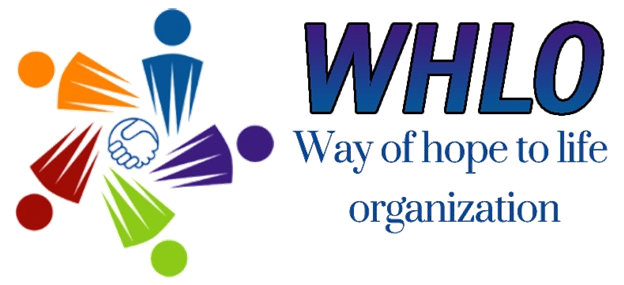Way of Hope to Life Organization (WHLO) has been working for healthcare since 2006 and provides high quality and affordable primary health and medical care to low-income, underprivileged, IDPs, and vulnerable groups including children and women across Afghanistan. Our aim is to make healthcare accessible to the poorest and the most deprived sections. WHLO is active in more than 22 Provinces of Afghanistan and owns health facility centers in more than 5 provinces of Afghanistan. Their goal is to continue improving the health and lives of the underserved who face social and financial challenges.
Moreover, Afghanistan has made good achievement in health care sector since last twenty years. However, various eye opening data from MoPH clearly indicate that access to healthcare still remains a big challenge.
While the health statistics of rural areas in Afghanistan continue to be poor, the health status and access to health for the poor in urban slum dwellers has surfaced to be equally deplorable and have less than 3% of government primary healthcare facilities.
Urban slum dwellers suffer from adverse health conditions owing to mainly two reasons –first the lack of education and thus lack of awareness; and second the unwillingness to lose a day’s wage in order to reach the nearest medical facility. Healthcare for underprivileged, which is a desperate need, thus remains unaddressed.
The need of the hour is thus a two pronged approach – first to bring quality healthcare services to doorsteps of the needy and second to promote healthcare awareness and contemporary healthcare seeking behavior among the underprivileged.
In such a scenario WHLO has established a mobile healthcare services delivery system which is one of the most practical mechanism. And in subscription to this view, WHLO has initiated the Cure at Your Doors Program. This is a unique mobile hospital program that seeks to address problems of mobility, accessibility and availability of primary healthcare with a special focus on children and women, in urban slums and remote rural areas.
COVID Project Training
WHLO is well familiar with its community Health program like COVID-19 project execution for the community benefit. This Project is being successfully implemented at Logar, Parwan and Maidan Wardak provinces. Through assigning project leadership and technical staffs at each province level to ensure the project execution very successfully.
This project will have addressed more than 50,000 People on community Health information sharing through the social media like face book, Twitters and websites. This project also has address more than 1000 community through capacity building training of Malek and Molas as means of communication. Apart from the community training, village to village advocacy tasks or information sharing / education has been delivered for more than 1000 above mentioned community groups. The advocacy officer has arranged the village to village promotion through vehicle arrangement at least to appear in one village for one hour and inform the local community about the importance of testing and moving to the local health facilities for further medical support.





Emergency Health supplies.
Health supplies provision is the primary support done for those people affected with conflict and natural disasters. Because of these conflict and natural disasters, many people were exposed for the health problems.
To reduce their suffering, the organization supported more than 3000 Children and their families through health supplies and food stuffs. The benefiaries of these supplies were refugees, returnees, IDPs and host communities.
PPE support
Apart from its community training and make them alert about the testing importance and also prevention through provision of PPE Supplies and other water facility issues.
Community Health
This organization is familiar for its community Health capacity building trainings. The most familiar community Health trainings provided were nutrition and child feeding, ant-natal and post-natal support importance, malaria prevention, Water born disease and the prevention strategies.

